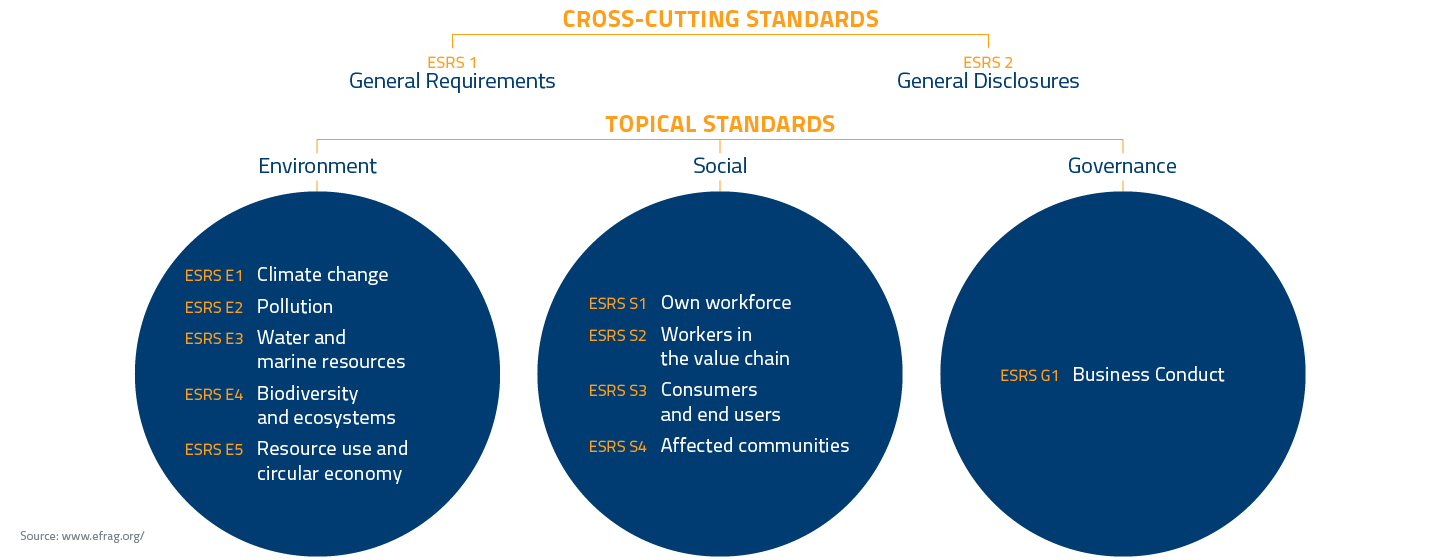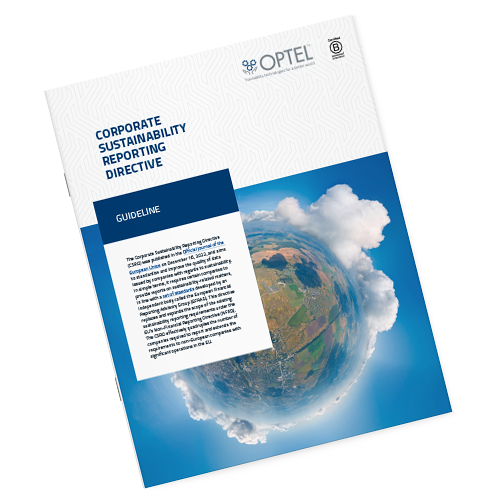What is the Corporate Sustainability Reporting Directive (CSRD)?
The Corporate Sustainability Reporting Directive (CSRD) was published in the the Official Journal of the European Union on December 16, 2022. It requires certain companies to provide reports on sustainability-related matters, in line with a set of standards developed by an independent body called the European Financial Reporting Advisory Group (EFRAG). This directive replaces and expands the scope of the existing sustainability reporting requirements under the EU’s Non-Financial Reporting Directive (NFRD). The CSRD effectively quadruples the number of companies required to report and extends the requirements to non-European companies with significant operations in the EU.



